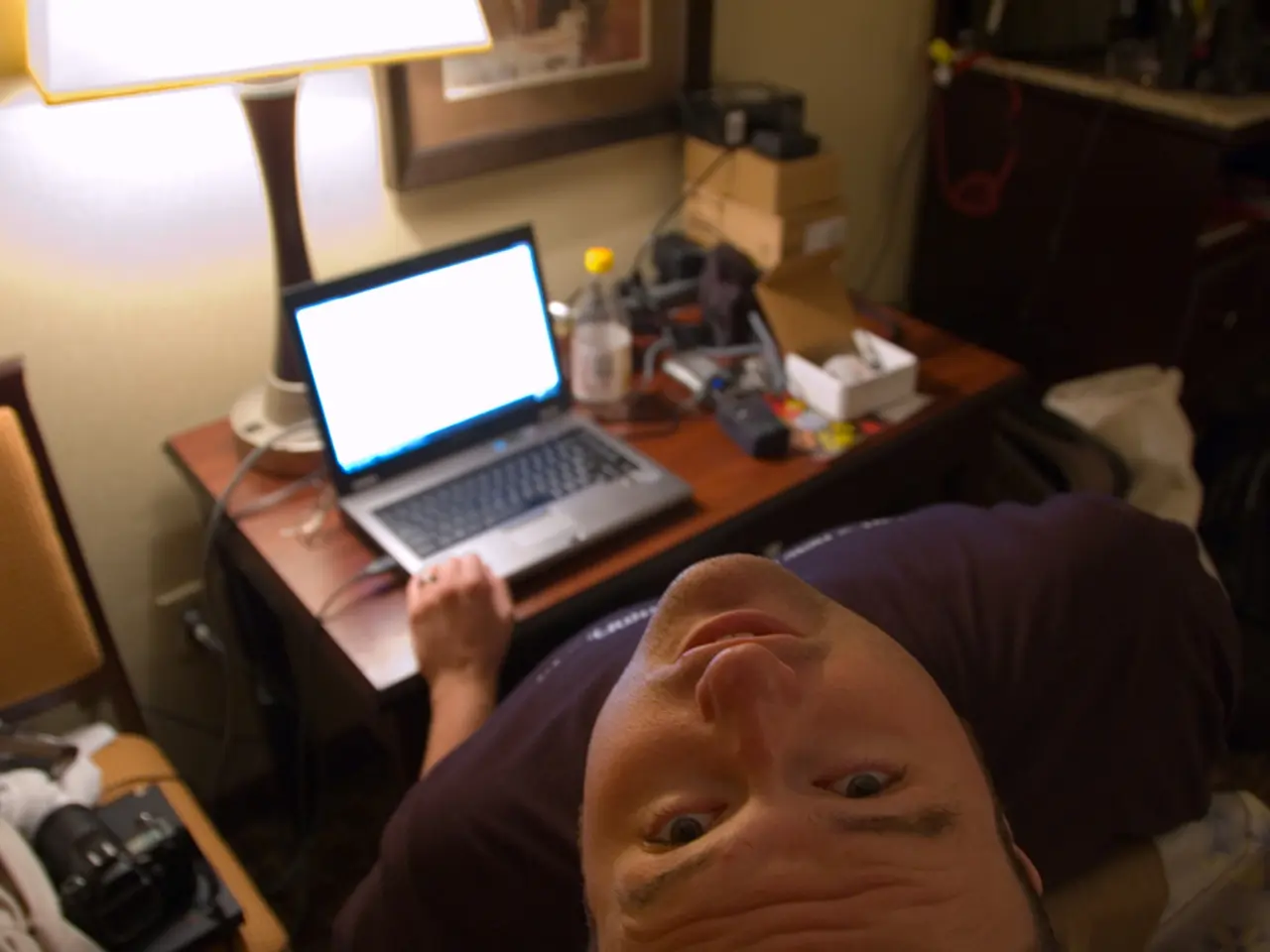Persistent headache at the back of the skull: Understanding possible causes and when to seek medical attention
**News Article: Understanding Occipital Neuralgia and Its Treatments**
Occipital neuralgia, a condition characterized by intense, shock-like pain at the back of the head, is a common cause of headaches and is often associated with migraine-type symptoms. This ailment occurs when the occipital nerves, which run from the neck to the base of the skull, become irritated or compressed.
The causes of occipital neuralgia can be varied. Nerve compression due to tight muscles or other factors can lead to pain. Additionally, underlying conditions such as damage to the spinal cord, tumors, nerve damage from diabetes, swelling of blood vessels, and occasionally infections can contribute to the condition. Even routine activities like brushing hair or lying on a pillow can trigger pain due to nerve irritation.
The symptoms of occipital neuralgia are distinct. Episodes of stabbing pain lasting seconds to minutes are common, and the pain is typically on one side of the head. Strange sensations along the scalp, back of the head, and neck are also common, and the area may feel extremely tender. A dull ache may persist between pain episodes.
Fortunately, there are several treatment options available for occipital neuralgia. Anti-inflammatory medication can help reduce pain and inflammation. Physiotherapy and massage can alleviate pain by reducing muscle tension and improving nerve function. Nerve blocks, involving the injection of local anesthetics into the occipital nerve, can manage pain for up to three months. Occipital nerve stimulation, which involves implanting a device that sends electric currents to block pain signals, is another treatment option.
In addition to these medical interventions, simple measures like applying heat and resting can help reduce discomfort. Nerve mobilization techniques like nerve gliding exercises and nerve mobilization can also be effective.
Identifying the underlying cause is crucial for effective management. Lifestyle adjustments, such as improving posture and reducing stress, can also help prevent episodes of pain.
Anyone experiencing symptoms of occipital neuralgia should consult a healthcare professional for a proper diagnosis and treatment plan. It's essential to remember that while headaches are common, they can sometimes be a sign of an underlying health condition, and seeking medical advice is always advisable.
- occipital neuralgia is associated with brain and CNS cancer, but this is relatively rare.
- People with colitis might experience occipital neuralgia as a complication.
- Backpain, especially in the upper part of the back, can sometimes be a symptom of occipital neuralgia.
- The establishment of proper posture at the workplace can help prevent occipital neuralgia.
- Psoriasis, a skin condition, is not directly linked to occipital neuralgia, but stress management is important for both.
- Obesity increases the risk of developing numerous medical conditions, including occipital neuralgia.
- Headache is a common symptom of occipital neuralgia, often accompanied by tension and sleepiness.
- The daytime can be challenging for those suffering from occipital neuralgia, due to persistent pain and fatigue.
- Ulcerative colitis and other inflammatory bowel diseases can cause neurological disorders that might indirectly lead to occipital neuralgia.
- COPD patients may experience occipital neuralgia due to muscle tension and increased sensitivity in response to pain.
- AQ (air quality) plays a role in many health-related issues, including occipital neuralgia, as pollution can exacerbate symptoms.
- Depression is a mental health condition frequently seen in people suffering from occipital neuralgia.
- Type 2 diabetes can damage the nerves, causing complications like occipital neuralgia.
- Personas with different personas, like athletes or sedentary office workers, may be prone to different triggers for occipital neuralgia.
- Diabetes and other medical conditions, such as diabetes-induced neuropathy, might lead to eye-health problems in addition to occipital neuralgia.
- Migraine and occipital neuralgia share common symptoms, making diagnosis challenging at times.
- Science is continually researching innovative therapies and treatments for occipital neuralgia, such as CBD oil and specialized nutrition.
- Sleep, workplaces wellness, health and wellness, fitness and exercise, and skin care are all essential factors in preventing and managing occipital neuralgia.
- Sports analysis might unveil posture and movement patterns that contribute to the development of occipital neuralgia in athletes.




